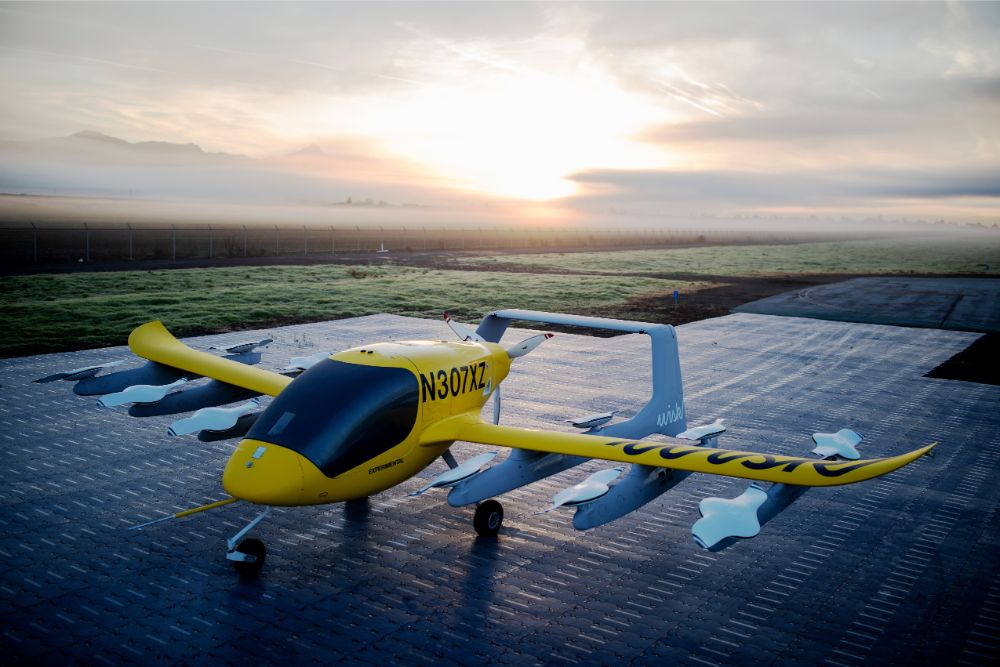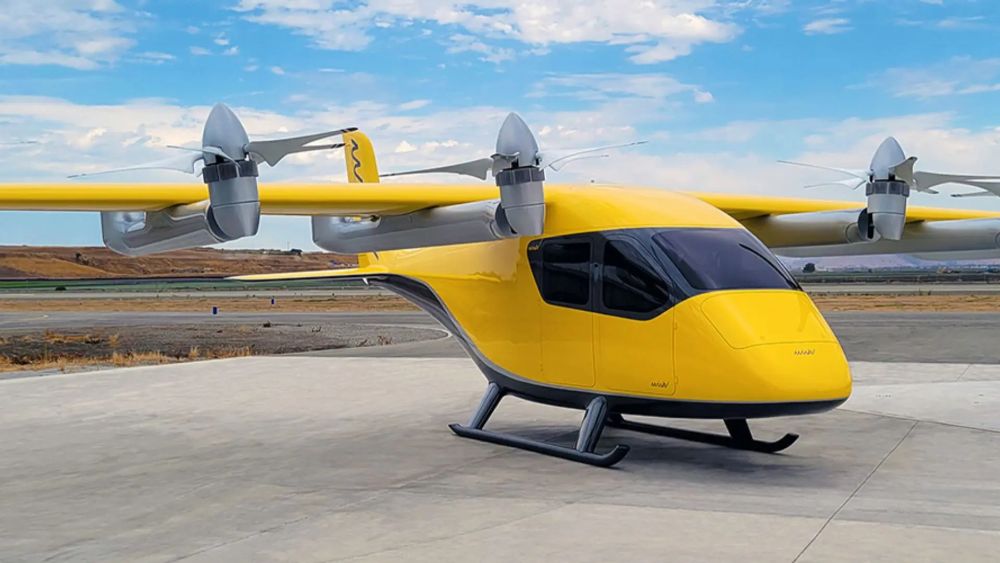US-based aerospace giant Boeing is set to venture into the flying cars business in Asian markets by the end of this decade, according to Todd Citron, the company’s chief technology officer.
Boeing’s ambitious foray into the flying cars sector is underpinned by its subsidiary Wisk Aero’s cutting-edge technology, aimed at addressing the perennial traffic congestion issues plaguing Asian cities. Two years ago, Boeing made a significant investment in Wisk Aero, based in Mountain View, California, to the tune of $540 million. Subsequently, Boeing fully integrated the startup into its operations, spearheading the development of vertical take-off and landing (VTOL) technology.

At the forefront of Wisk Aero’s advancements is its sixth-generation aircraft, capable of transporting up to four passengers and additional luggage with each trip. Notably, the flying taxi boasts fully electric propulsion, aligning with Boeing’s commitment to sustainable aviation solutions. A standout feature of Wisk’s technology is its autonomous flying capability, a rarity in the realm of flying taxis, eliminating the need for a pilot and thereby maximizing passenger capacity.
While Boeing’s manufacturing base remains in the US, the company has been expanding its footprint globally for years. With six research and development (R&D) facilities in Australia, South Korea, India, and a recent addition in Japan, Boeing is strategically positioning itself to capitalize on emerging markets and technological advancements.

The inauguration of Boeing’s dedicated facility in Nagoya underscores the company’s commitment to innovation and collaboration with the Japanese automotive industry, concentrated in the nearby Chubu region. The Nagoya facility will serve as a hub for developing digital tools for aircraft design and manufacturing, researching composite materials, and exploring sustainable aviation solutions such as hydrogen fuel cells.
However, Boeing’s plans for unveiling flying taxis in Japan are still in the nascent stages, with certification for autonomous flying technology in the US slated as a prerequisite. Citron emphasized Boeing’s intent to collaborate with fleet providers akin to Waymo or Cruise, or potentially operate the fleet itself, leveraging its technological prowess and industry expertise.

While Boeing gears up for its aerial taxi debut, competition in Japan’s burgeoning air mobility sector is already fierce, with local firm SkyDrive and Germany’s Volocopter poised to launch air taxi services at the Osaka World Expo next year. Despite the stiff competition, Boeing remains undeterred, laying the groundwork for a transformative leap into the future of urban transportation.
